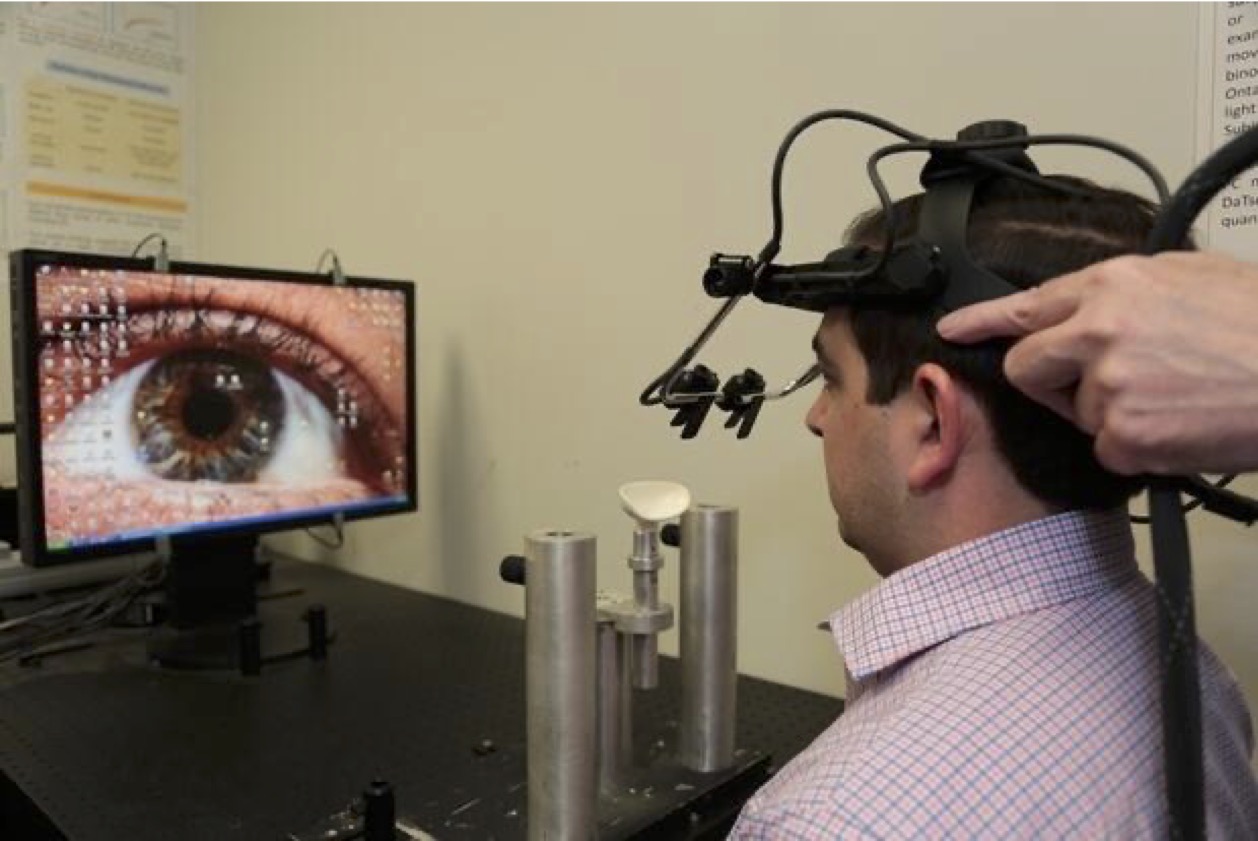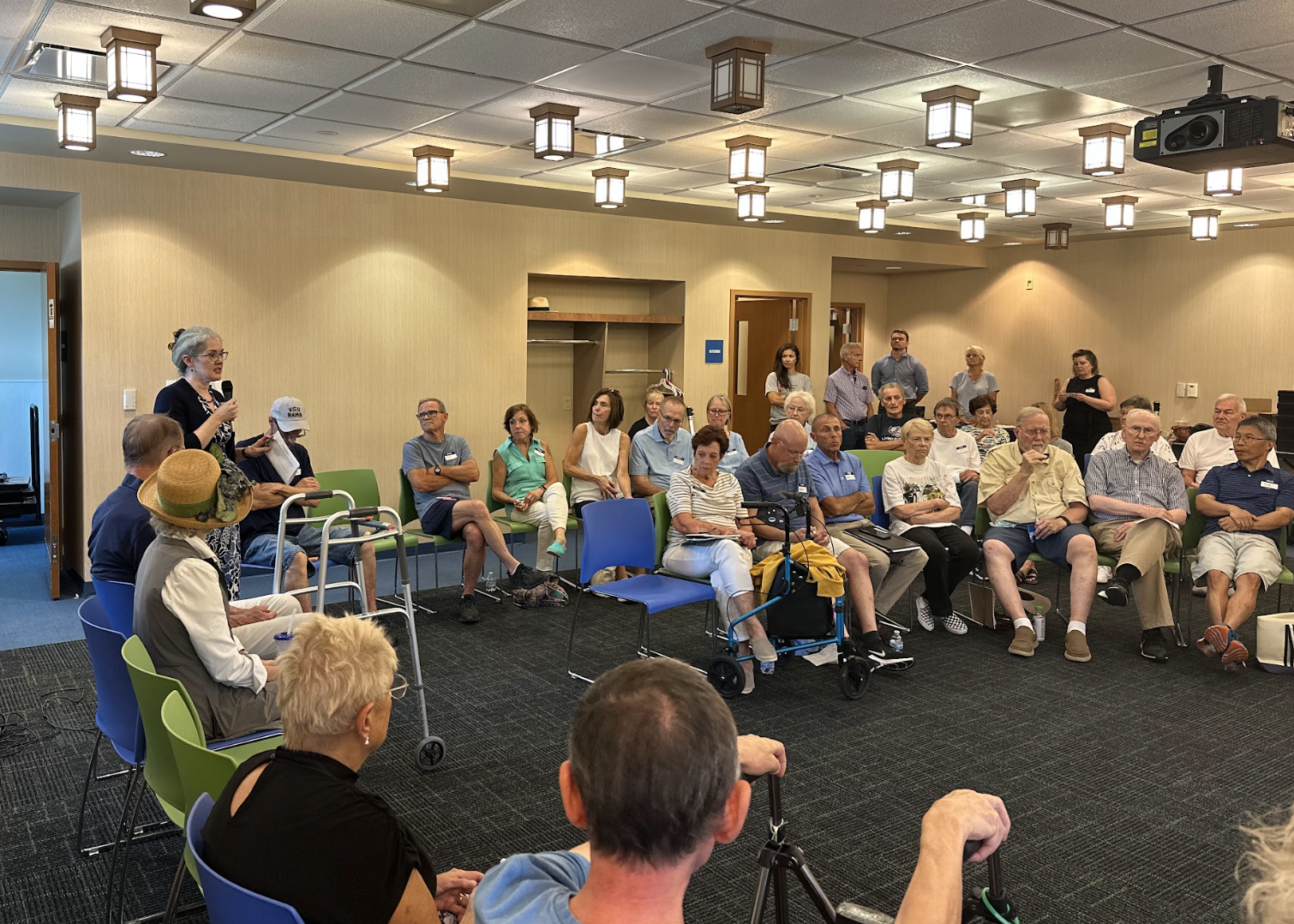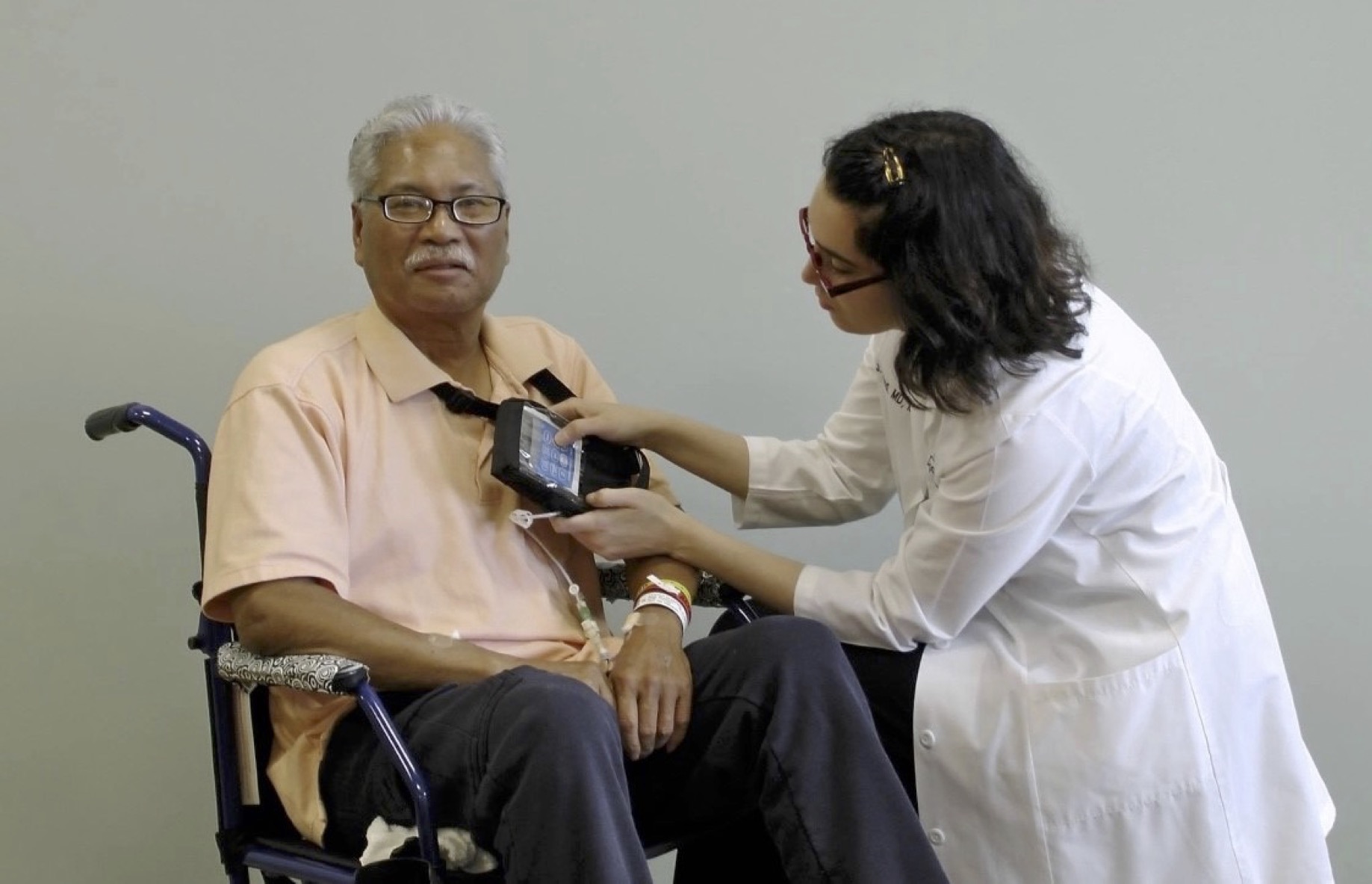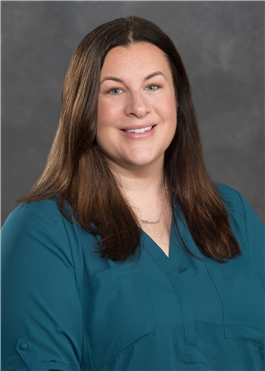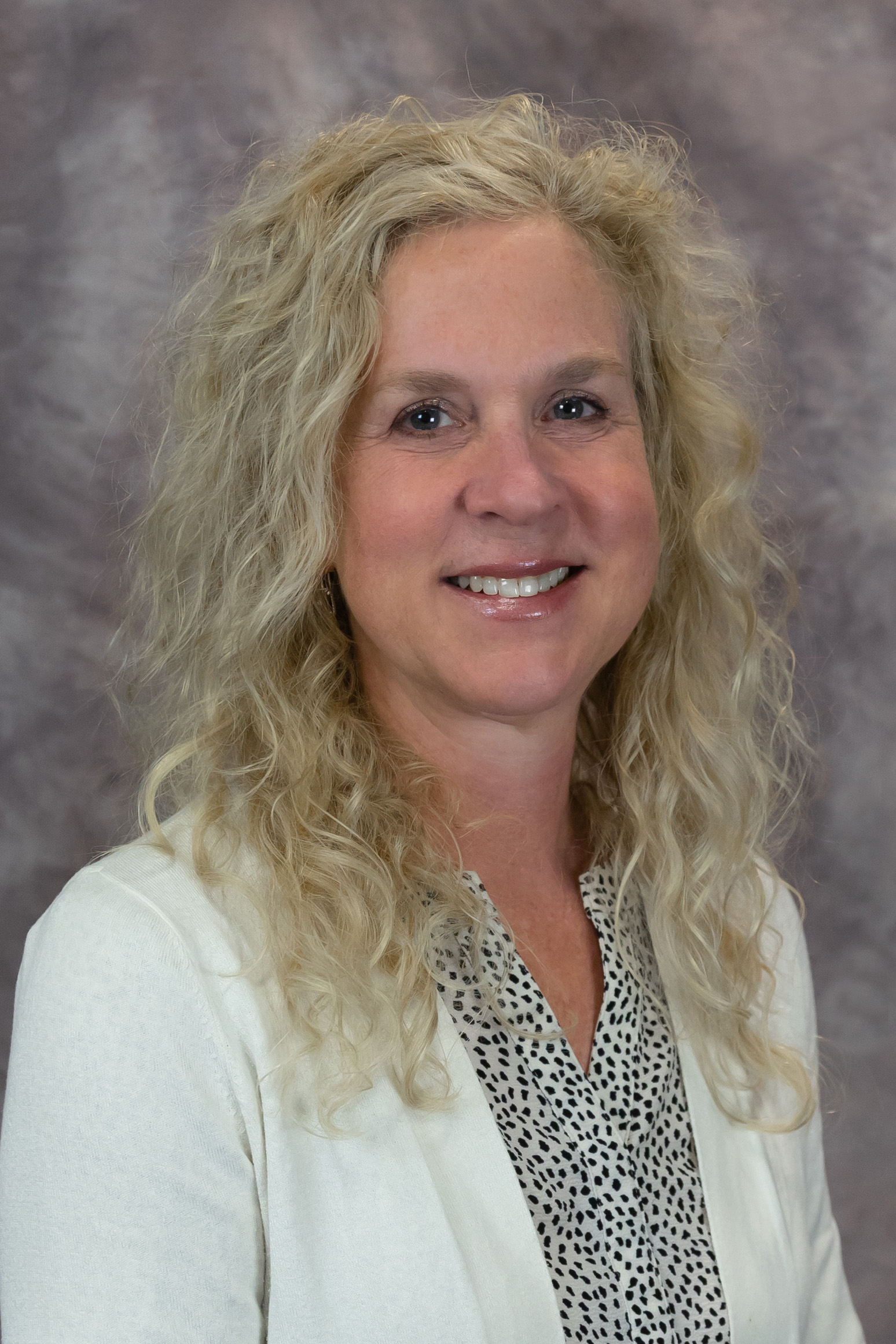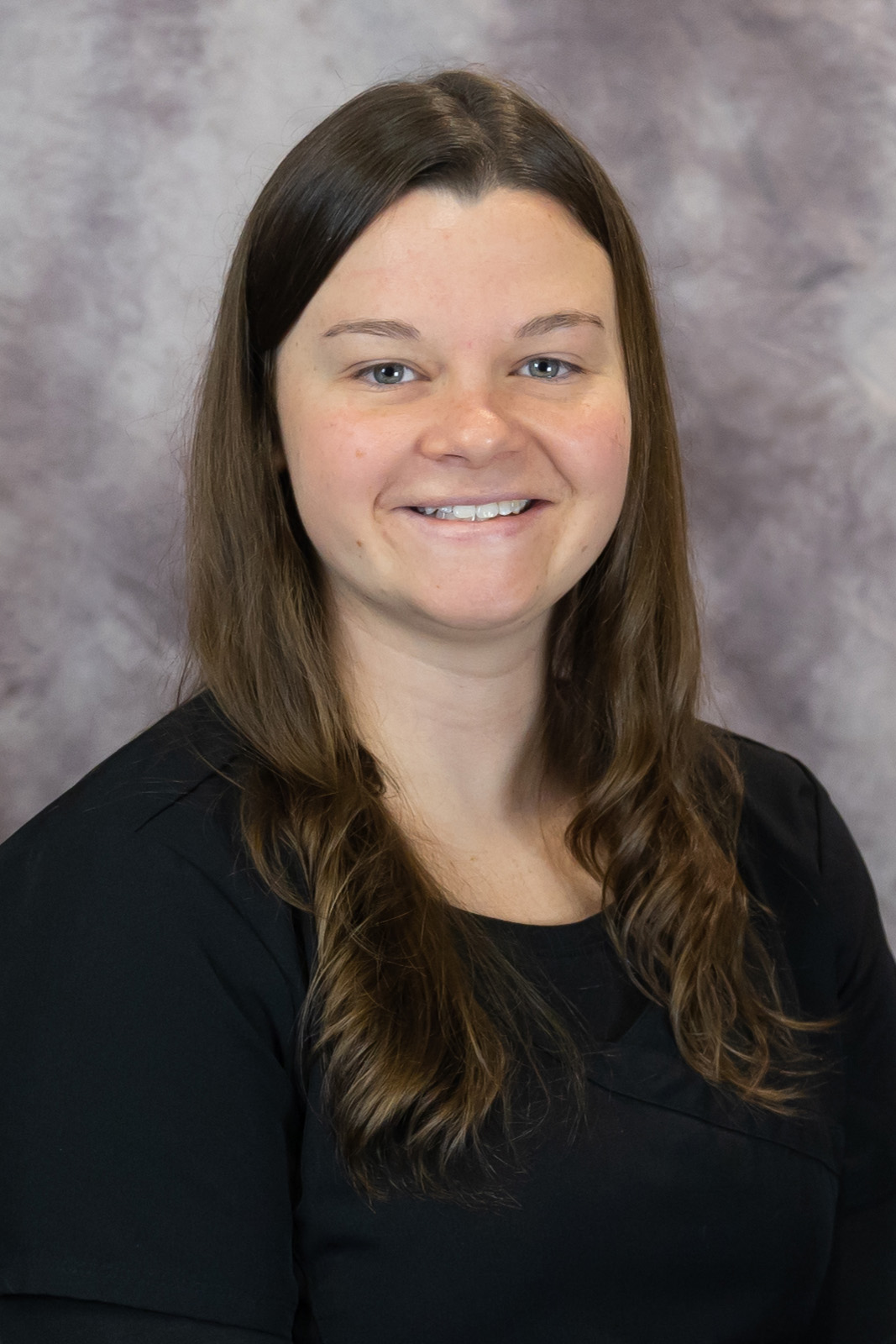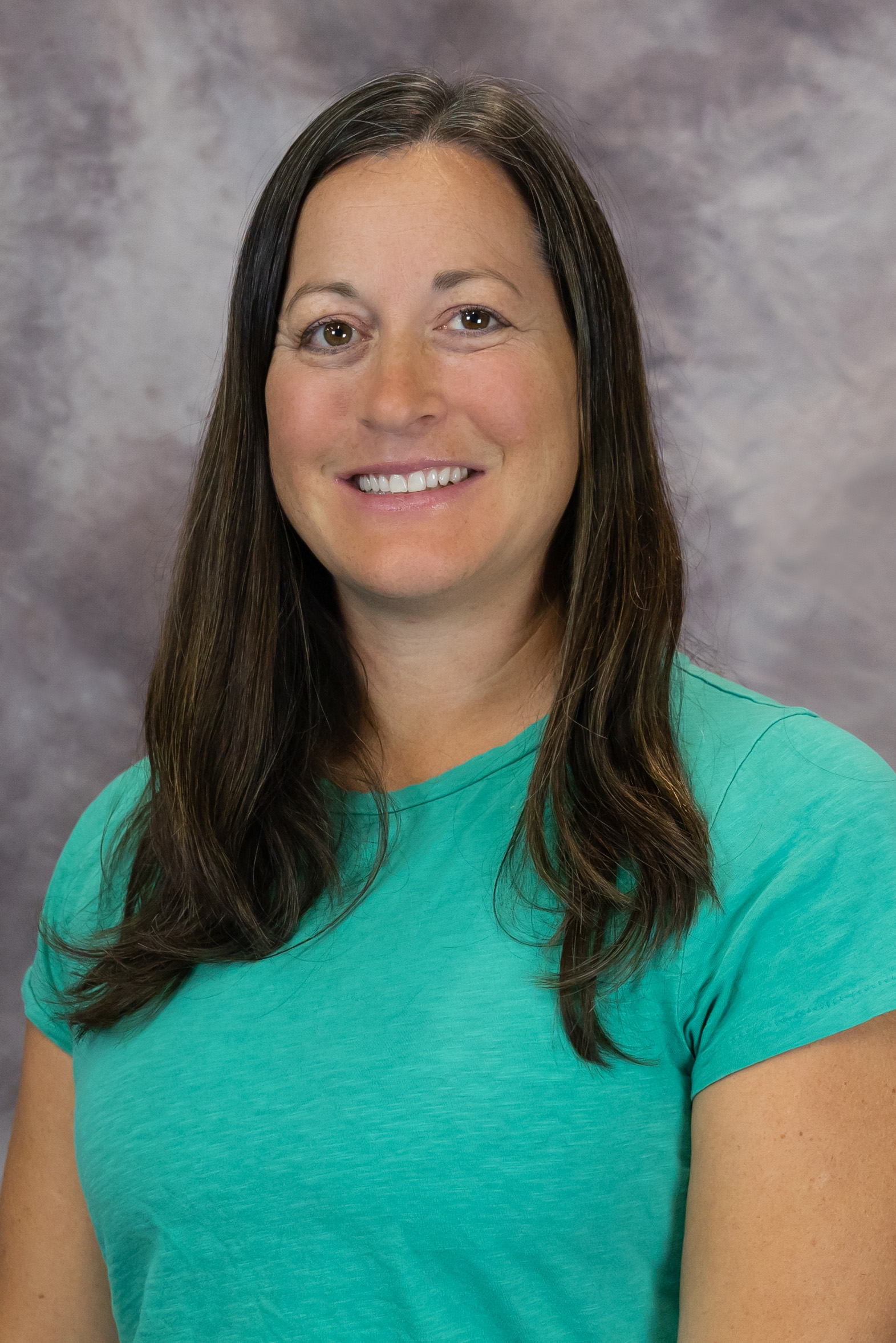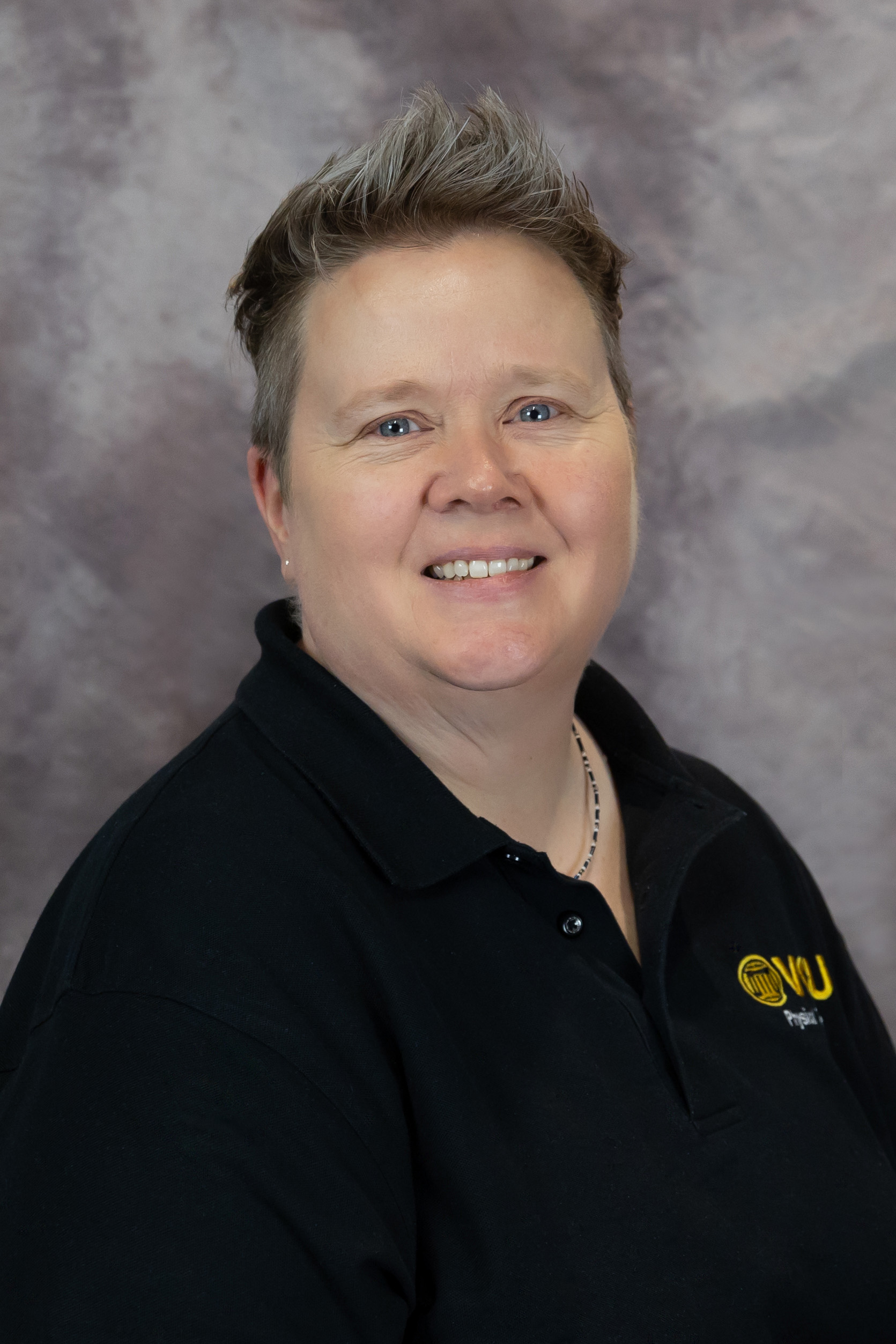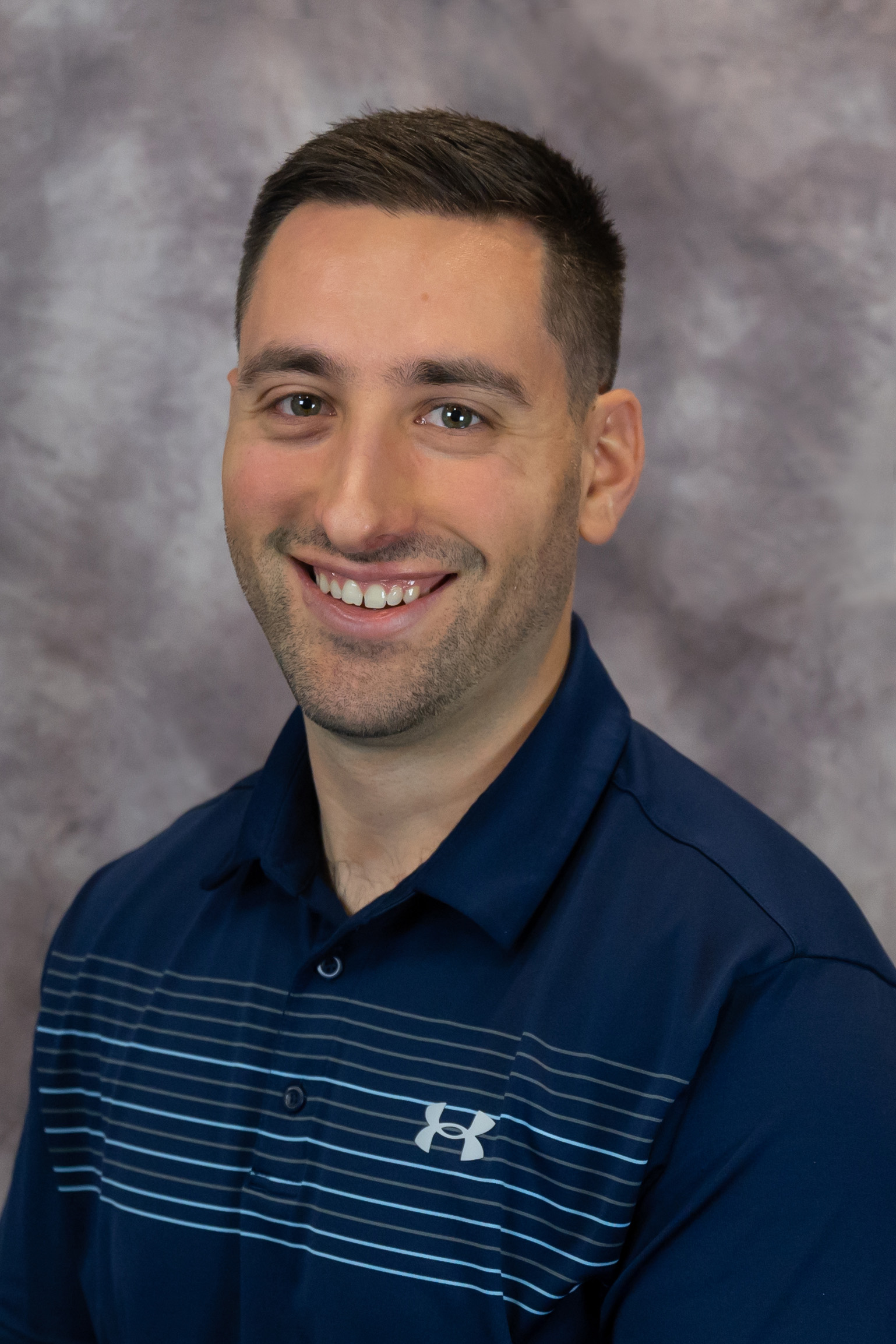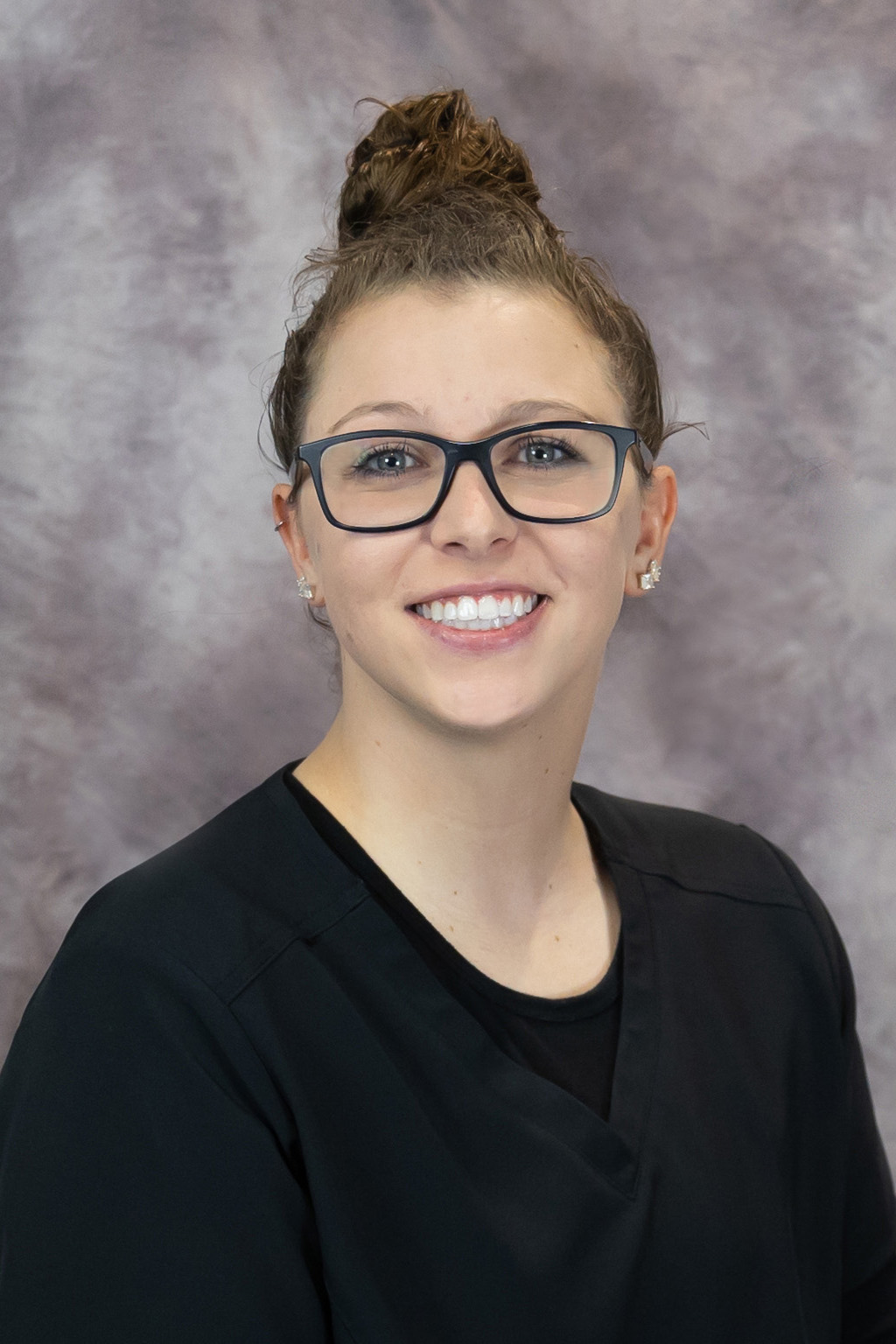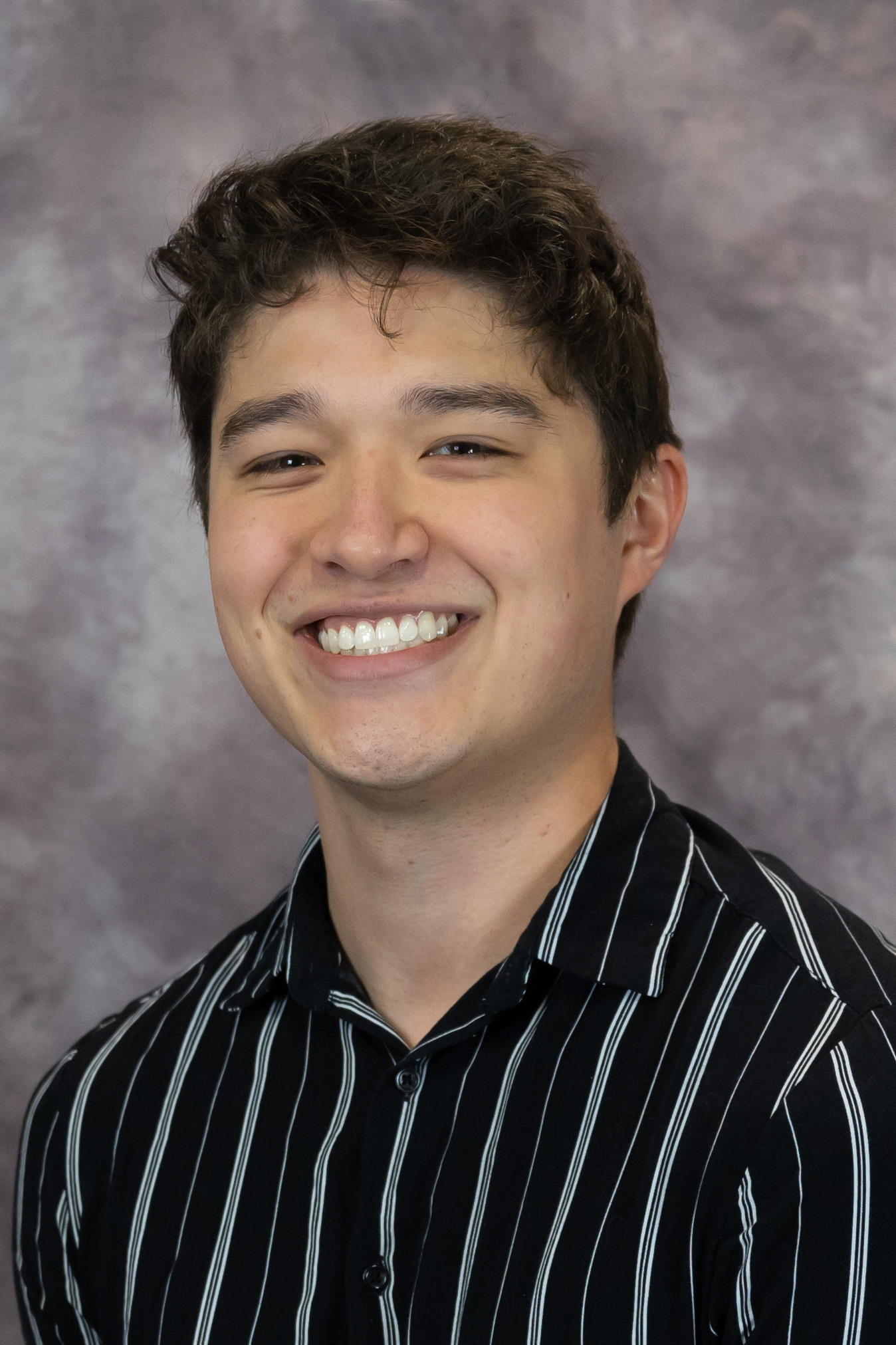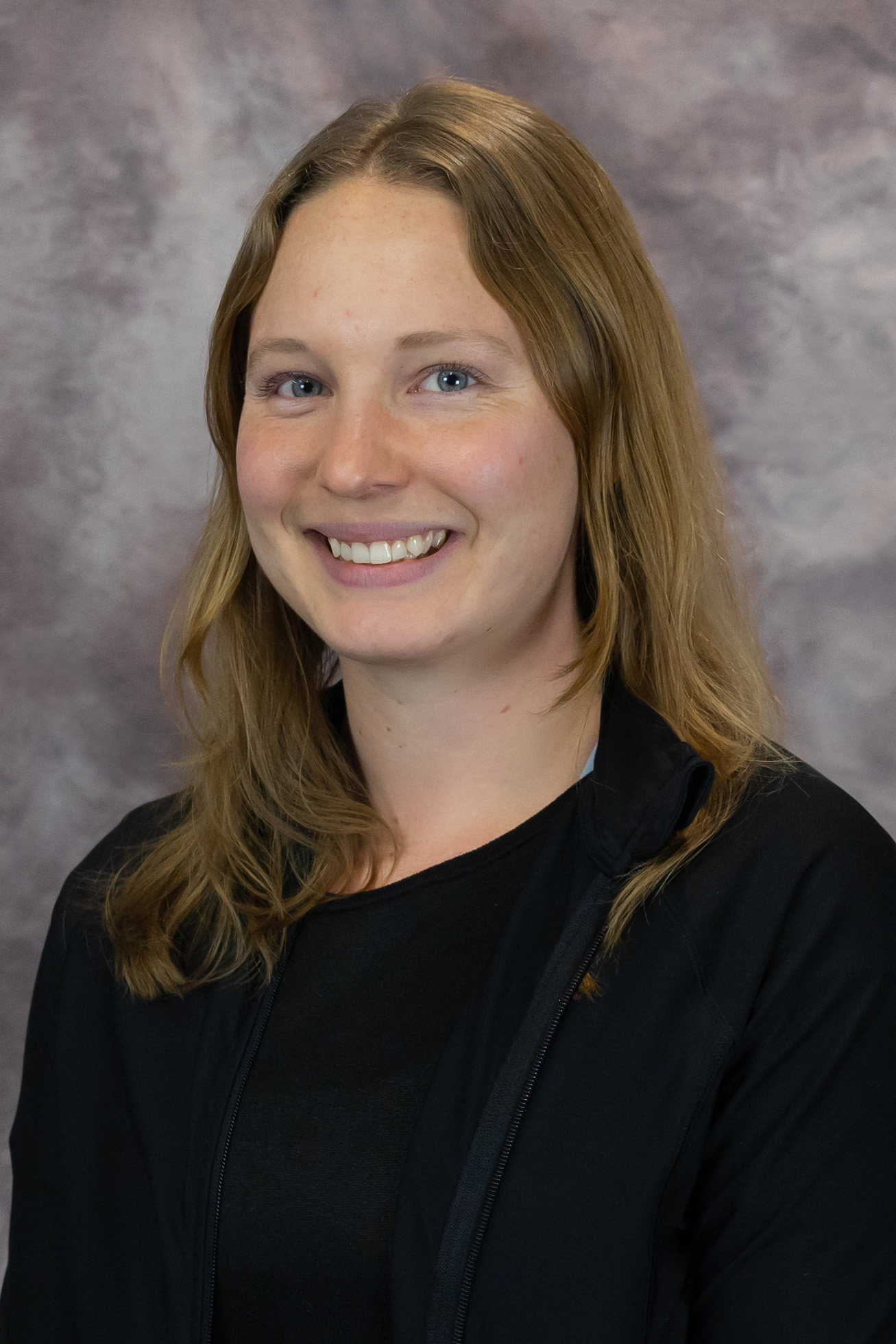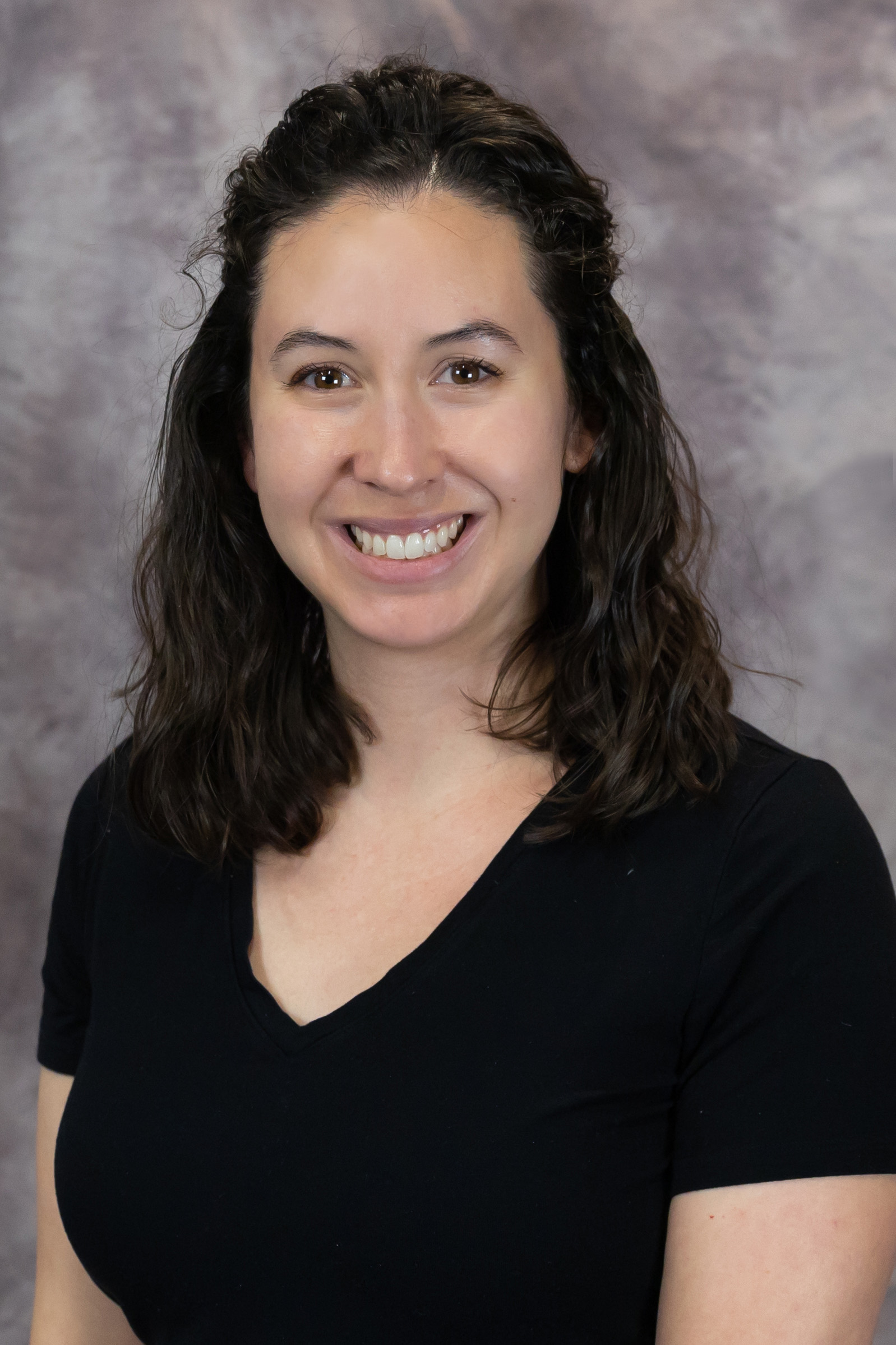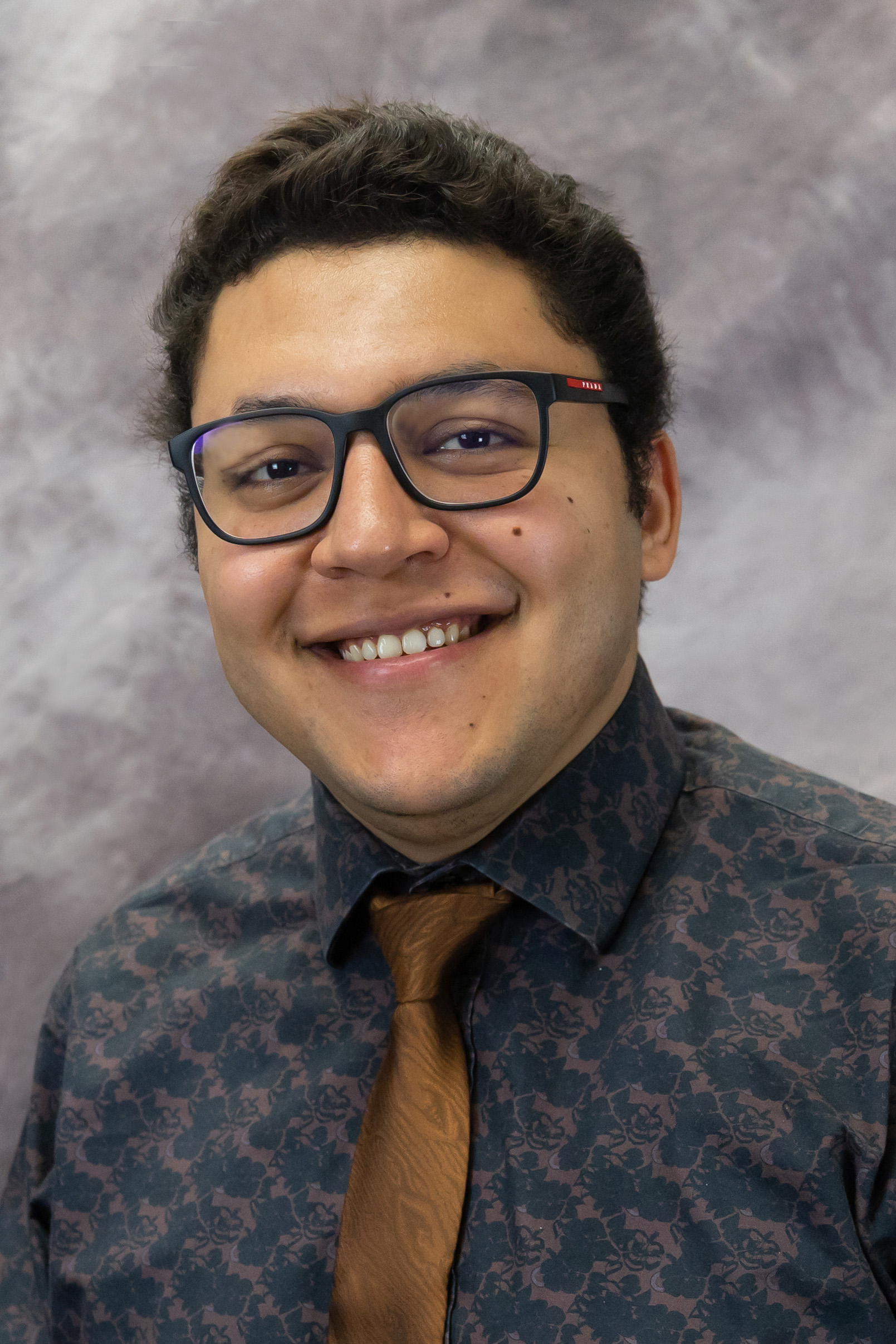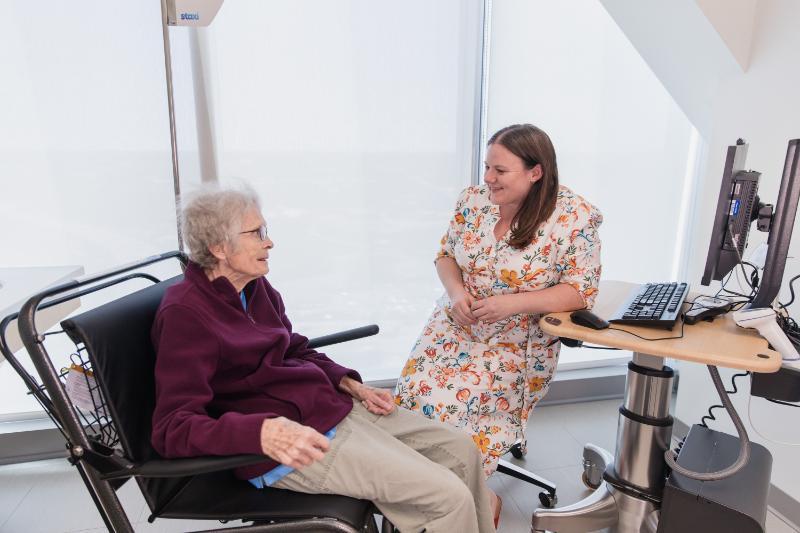
Care clinics
What is Huntington's Disease?
Huntington’s Disease (HD) is an inherited neurodegenerative disease. HD is most often thought of as a movement disorder, but it also causes emotional and behavioral changes, and cognitive decline. The symptoms associated with HD usually become more severe over time. Currently there is not a cure for HD, but there are medications to manage the symptoms. There are also many other ways to improve a person’s independence and quality of life.
The Huntington Disease (HD) program has been designated a Center of Excellence by the Huntington's Disease Society of America since 2015.
The interdisciplinary HD clinic is held on the first Wednesday of every month at the Short Pump Pavilion building.
If you are interested in making an appointment, please call Brittany Gibson at (804) 305-7451.
Huntington's Disease Care
HD is inherited and is caused by a change in a gene that is passed from a parent to a child. Every child of an individual who has HD has a 50% chance of inheriting the gene that causes HD and a 50% chance of not inheriting the gene. HD affects both men and women and all ethnicities. For people considering learning their personal chance of inheriting HD gene, a consultation with a genetic counselor will be helpful.
Information, clinical care, and research needs differ across the spectrum of HD. Our team will work with you and your family to find the right fit for your needs.
- At Risk
At risk individuals may connect with the HD Program through genetic counseling. Genetic counseling does not obligate a person to go forward with genetic testing. If the individual chooses, our program can provide genetic testing. Information on family planning, HD advocacy, and HD research are examples of areas that may be relevant for someone living at risk for HD. - Pre-symptomatic
For someone with the HD gene mutation who is pre-symptomatic, a neurological assessment may provide a helpful baseline, along with further assessments by psychiatry or neuropsychology if additional information is needed. Some pre-symptomatic individuals may not require clinical evaluation, such as those individuals focused on gathering information for family members, or finding ways to participate in research. - Symptomatic
Our program cares for people with adult onset or juvenile onset HD. Dr. Barrett will provide initial care assessments. Ongoing follow-up care will be provided as needed with consults from interdisciplinary team members to meet individual needs. Research and education about HD for family members and the community are key information areas for symptomatic individuals.
Interdisciplinary care team
Our team of experienced interdisciplinary providers is dedicated to providing consultations and ongoing care to meet our patients’ individual needs. We strive to integrate expert clinical care with clinical research to advance knowledge in Huntington Disease.
- A physical therapist who helps to improve a person’s conditioning, balance, coordination and motor skills.
- An occupational therapist who provides tips and training to support the skills a person needs for daily living.
- A speech and language pathologist who works to improve a person’s speech and swallowing.
- A nutritionist/dietician who is available to provide information to improve a person’s nutritional intake.
- A social worker who strives to support individuals and family with issues involving work, healthcare, finding community services, and long-term care.
- A clinical neuropsychologist who examines a person’s cognitive abilities, mood, and quality of life.
- A psychiatrist who works with individuals to improve any problems related to mood and other psychiatric symptoms associated with Huntington’s disease.
Through the VCU Medical Center network, our patients may also access other specialists as needed.
For patients interested in self-pay options, the HD Program Coordinator can provide current cost information for appointments with the neurologist, genetic counseling and/or testing. For more information, contact Ginger Norris, MGC at virginia.norris@vcuhealth.org or (804) 627-1398.
If a patient needs financial assistance, please contact Virginia Coordinated Care Program (VCC) at (804) 628-0600 for screening. VCC needs to be approved before the appointment. Please note, VCC does not cover genetic testing.
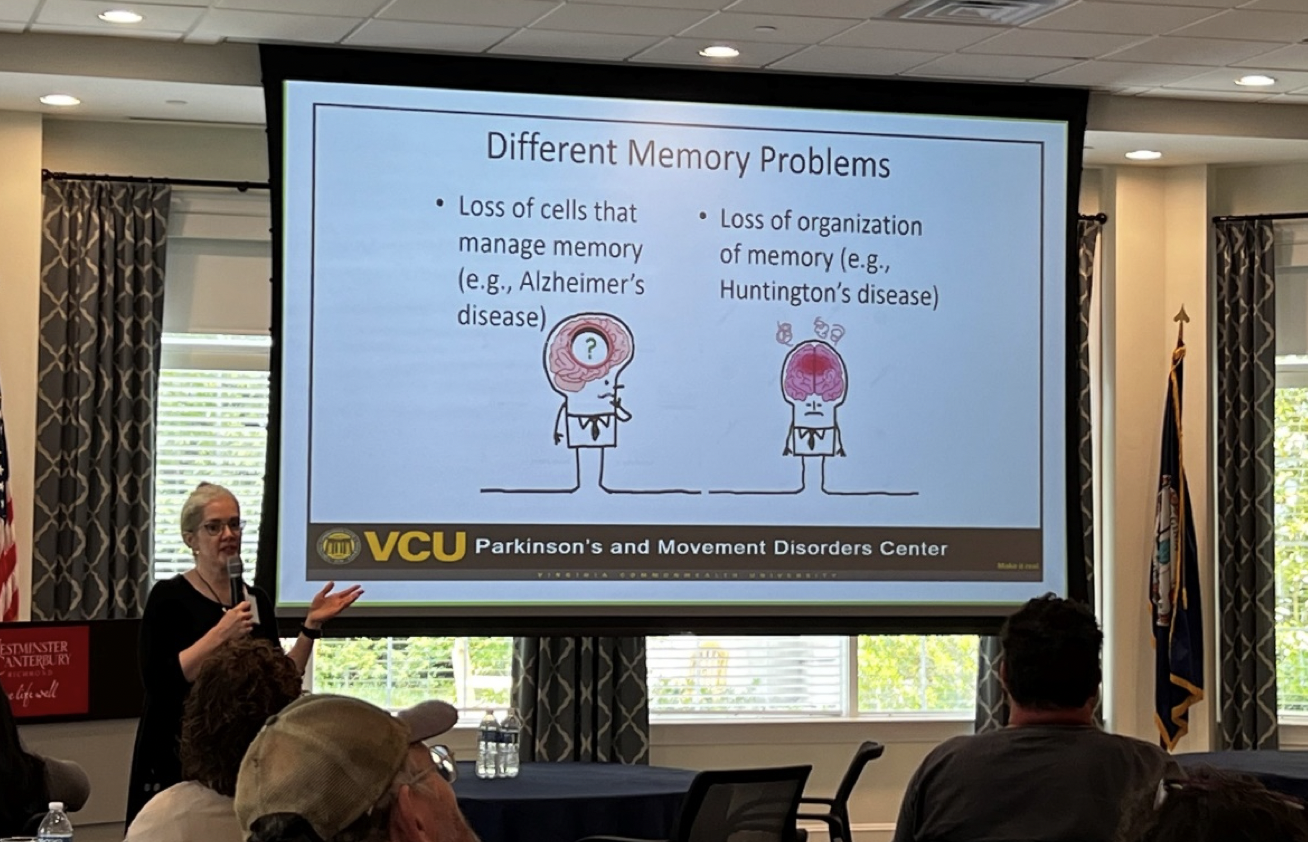
Individualized care
The HD Support Group
If you are interested in learning more about our regional HD support group, please contact Ashley Cliborne via email at aclibornelcsw@gmail.com or (804) 476-4091.
